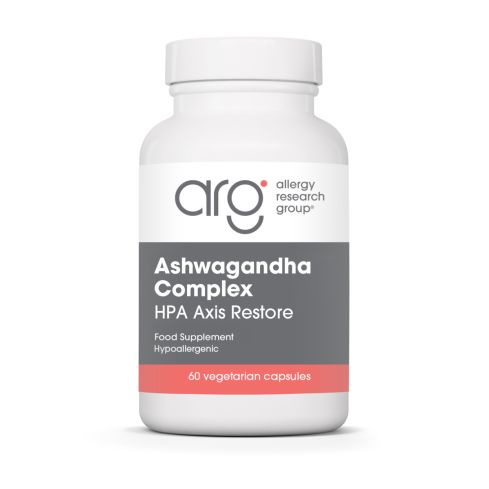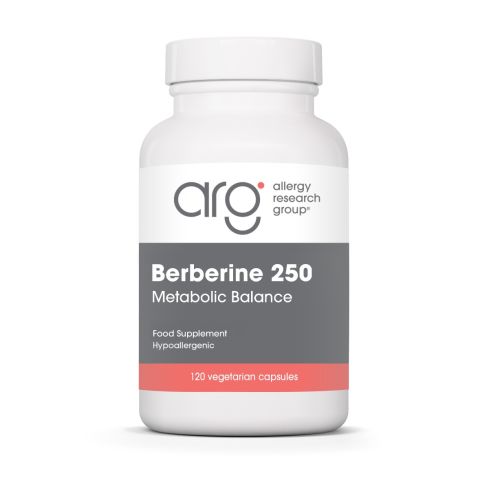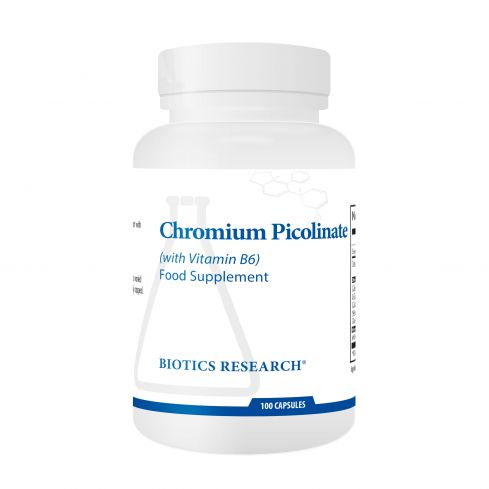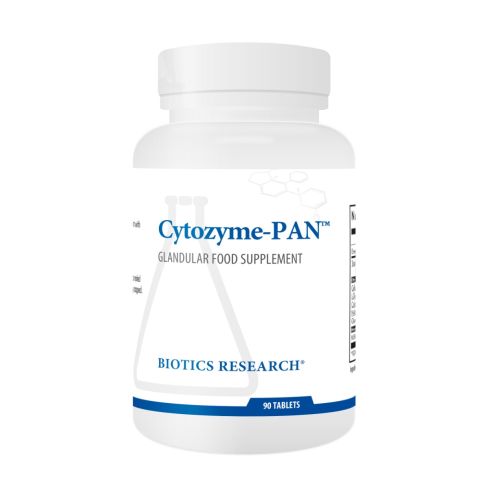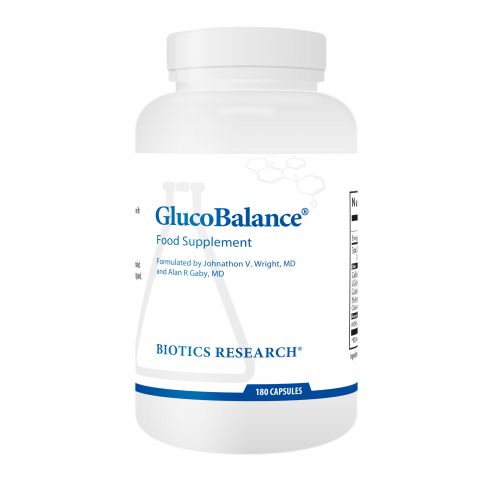- Home
- Products
- Conditions
- Blood Sugar Support
Blood Sugar Support
Blood Sugar Basics (Glucose Metabolism)
The term “blood sugar” refers to the level of glucose found in the blood. Glucose is a simple sugar and the body’s primary source of cellular energy. Carbohydrates are the main dietary source of glucose. Rice, potatoes, bread, pasta, cereals, fruit, sweets and even milk are all carbohydrate-rich foods.
Although blood glucose levels generally stay within defined limits throughout the day (a fasting blood glucose level lower than 6mmol/l is normal, but a fasting blood glucose of 7mmol/l or higher may indicate diabetes or pre-diabetes), fluctuations follow a relatively set pattern. Blood sugar rises immediately after meals and falls within approximately two hours. Levels are typically lowest in the morning or following periods of fasting. The speed at which blood sugar rises and falls and the level to which it will increase are dependent upon both internal (i.e. hormonal regulation) and external (e.g., diet and exercise) variables.
Regulation of Blood Sugar
Blood sugar concentration, also referred to as serum glucose level, is closely and continuously monitored by the pancreas, a gland which plays important roles in both the digestive and endocrine systems. When blood glucose levels fall, the pancreas releases the hormone glucagon, causing the liver to convert stored glycogen into glucose and release it into the bloodstream, raising blood glucose levels and ultimately preventing the development of hypoglycaemia.
Blood sugar can also be increased through the intake of food. When food is digested, it is broken down into basic chemical components. Dietary proteins are metabolised to individual amino acids; fat molecules get broken down into glycerol and fatty acids; and carbohydrates are broken down to simple sugars (e.g., glucose). Consuming foods containing high levels of carbohydrates can significantly impact blood glucose levels.
After a meal, glucose molecules are absorbed into the bloodstream and carried to the cells where they are used for energy. Insulin, a hormone produced by the pancreas, helps glucose enter cells. If the individual takes in more glucose than the body needs at the time, the body stores the extra glucose in the liver and muscles in a form called glycogen. The body can use the stored glucose whenever it is needed for energy between meals. Extra glucose can also be converted to fat and stored in fat cells.
When blood glucose begins to fall, glucagon, another hormone produced by the pancreas, signals the liver to break down glycogen and release glucose, causing blood glucose levels to rise toward a normal level. If the individual has diabetes, this glucagon response to hypoglycaemia may be impaired, making it harder for glucose levels to return to the normal range.
And when blood sugar levels rise, insulin is released by the beta cells of the Islets of Langerhans found in the pancreas. This hormone causes the liver to pull excess glucose from the bloodstream and convert it to glycogen for storage.
Why are blood sugar support supplements helpful?
Are you looking for supplements to give your blood sugar levels a boost? If so, then Nutri-Link has the perfect products to help you on your journey. We offer a variety of supplements to help support your blood sugar control efforts - all designed with quality and efficacy in mind.
When it comes to managing your blood sugar, it's important to be aware of how nutrition and lifestyle choices affect your body. While diet and exercise are important, sometimes our bodies need extra support in order to keep our glucose levels regulated. That's why taking the right supplements is so important. Our line of products can provide you with additional benefits that will help promote healthy levels of blood sugar, so you can achieve the results you want without having to rely on extreme diets or expensive medications.
We understand how important it is to manage one's health wisely - especially when it comes to regulating one's blood sugar level - but we also understand that it can be difficult at times. That’s why we offer an easy way for customers like yourself to get access to quality supplements
References
- Wulffele HG, Kooy A, Lehert P, et al. Effects of short-term treatment with metformin on serum concentrations of homocysteine, folate and vitamin B12 in type 2 diabetes mellitus: a randomized, placebo-controlled trial. J Intern Med. 2003 Nov;254 (5):455-63. View Abstract
- Carpentier JL, Bury J, Luyckx A, et al. Vitamin B12 and folic acid serum levels in diabetics under various therapeutic regimens. Diabete Metab. 1976 Dec;2 (4):187-90. View Abstract
- Blood Glucose – Metabolic and Hormonal Regulation. In: Shils ME, Olson JA, Shike M, Ross AC, eds. Modern Nutrition in Health and Disease. 9th ed. Baltimore, MA. Williams & Wilkins. 1999:56-9.
- Anderson RA, Evans LM, Ellis GR, Khan N, Morris K, Jackson SK, Rees A, Lewis MJ, Frenneaux MP. Prolonged deterioration of endothelial dysfunction in response to postprandial lipaemia is attenuated by vitamin C in Type 2 diabetes. Diabet Med. 2006 Mar;23(3):258-64. View Abstract
- Riales R, Albrink MJ. Effect of chromium chloride supplementation on glucose tolerance and serum lipids including high-density lipoprotein of adult men. Am J Clin Nutr. 1981;34:2670-8. View Abstract
- Carneiro L, Pellerin L. Nutritional Impact on Metabolic Homeostasis and Brain Health. Front Neurosci. 2022 Jan 27;15:767405. View Abstract
- Melguizo-Rodríguez L, Costela-Ruiz VJ, García-Recio E, De Luna-Bertos E, Ruiz C, Illescas-Montes R. Role of Vitamin D in the Metabolic Syndrome. Nutrients. 2021 Mar 3;13(3):830. View Abstract
- Gillen JB, Estafanos S, Govette A. Exercise-nutrient interactions for improved postprandial glycemic control and insulin sensitivity. Appl Physiol Nutr Metab. 2021 Aug;46(8):856-865. View Abstract
- 5 items
- 8 items
- 4 items
- 1 item
- 4 items
- 3 items
- 7 items
- 9 items
- 3 items
- 4 items
- 1 item
- 10 items
- 3 items
- 12 items
- 9 items
- 16 items
- 19 items
- 6 items
- 10 items
- 9 items
- 6 items
- 18 items
- 2 items
- 5 items



